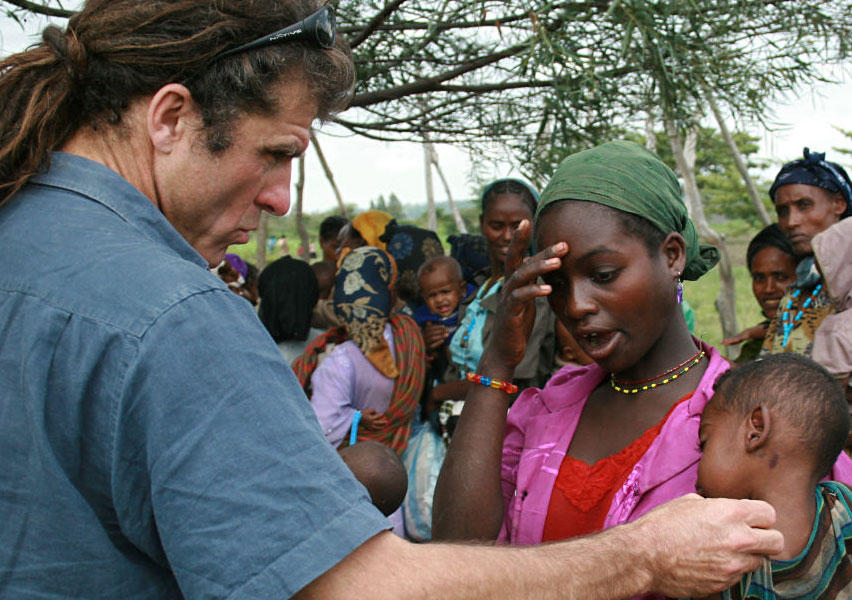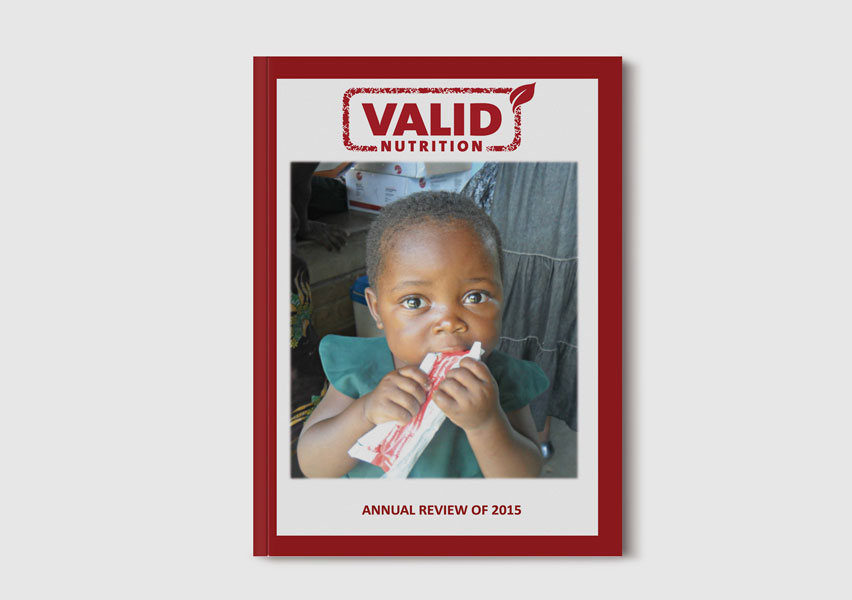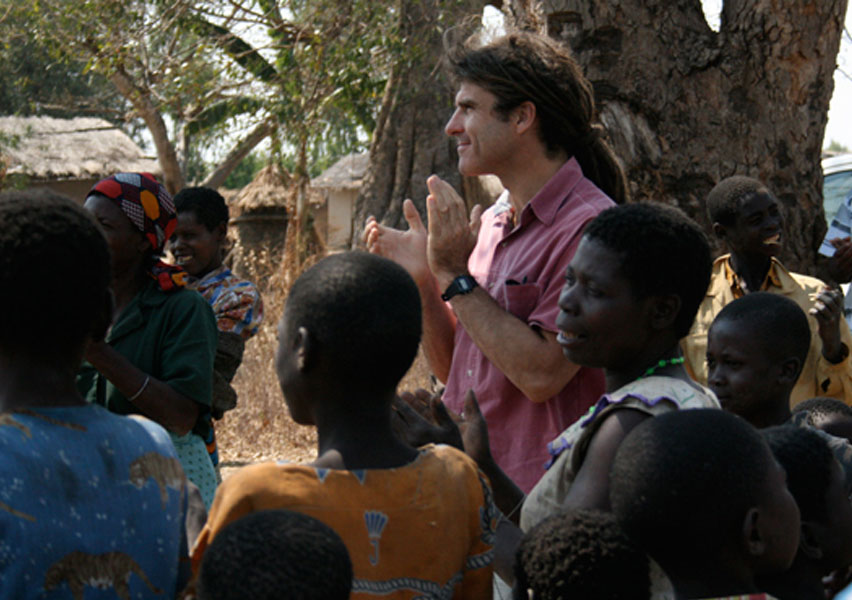
by Garry Wiley | Jun 14, 2016 | News
Steve Collins of VALID presents his vision on the role Social Business can play to innovate and deliver market based solutions to address chronic malnutrition. This condition, often referred to as “hidden hunger” is preventing millions of children (one in every four) in developing countries from reaching their full potential.
Read the full article here

by Garry Wiley | Mar 9, 2016 | Annual Reports

Download the Valid Nutrition Annual Report 2015.

by Garry Wiley | Jul 24, 2015 | News
Read Steve’s views on how social businesses that focus on impact rather than image, can drive innovation in addressing malnutrition
http://www.ashoka.ie/media/2016/1/13/change-leader-interview-dr-steve-collins

by Garry Wiley | May 22, 2015 | News
We are delighted to announce that Dr Hans-Jürgen Koch will join the Board of Valid Nutrition as a Director.
Hans-Jürgen Koch has had a long and distinguished career initially in academia and then finance. This includes positons as former CEO of Deutsche Bank (Suisse) S.A; the Head of Private Wealth Management International for Deutsche Bank Group as well as the CEO of Wealth Management Europe for BNP PARIBAS SA.
Hans-Jürgen earned his Ph.D. from Albert-Ludwigs-Universität, Freiburg, Germany. He was both a Fulbright Scholar at The Graduate Faculty, New School for Social Research, New York, and a DAAD-Scholar at the American University in Cairo, Egypt. Hans-Jürgen holds dual Swiss and German nationality and currently resides in Zurich. He is married with three daughters.
We strongly believe that Hans-Jürgen’s skills, experience and knowledge are a great addition for Valid Nutrition. I am personally delighted that Hans-Jürgen has agreed to join our Board. I know that he will provide great support to help us continue to advance our mission to drive change in how malnutrition is addressed globally through innovative market and business based solutions.
Steve Collins
Chairman
May 2015
by Garry Wiley | Mar 2, 2015 | News
VALID NUTRITION’S ground-breaking operational pilot examining the effectiveness of 3 different approaches to Community based Management of Acute Malnutrition (CMAM) in Odisha (Orissa) is well under way. This pilot is the first time that an Indian government programme has used Ready to Use Therapeutic Food (RUTF) and so represents a really important step forward that has huge potential ramifications.
Since 2008, following a controversy over the unsanctioned use of imported Nutriset product by several international organisations, the use of RUTF had effectively been banned. This has meant that India, home to almost half of the world’s cases of Severe Acute Malnutrition (SAM), remains the only major country not to use the CMAM approach.
The project is being funded by DFID India and taking place across one district with a population of just under one million. Child development services in the district are well developed and the VALID team has supported and trained over 2,000 community level workers to diagnose SAM, provide basic medical screening and prescribe the correct dose of RUTF to children found to be suffering from SAM. VALID has been working with the government, to train workers and facilitate programme implementation while also helping to develop protocols and guidelines. We have also been involved in setting up a small RUTF production facility, run by a local women’s self help group, which has the capacity to supply RUTF to the whole district.
Vitally, we are collecting data on the implementation and effectiveness of the pilot to provide the government with concrete answers as to the effectiveness of the different approaches in the India context.
If the project is a success – and the data demonstrates that RUTF is as effective in India as it is in the other 65 countries where it is used (initial signs look very positive) – the potential for this project to scale up is absolutely huge.
India has a vast network of community-based child development services with hundreds of thousands of similar centres spread across the whole country. These centres reach up to 8 million children with SAM, who could for the first time be offered effective treatment within a few years.





